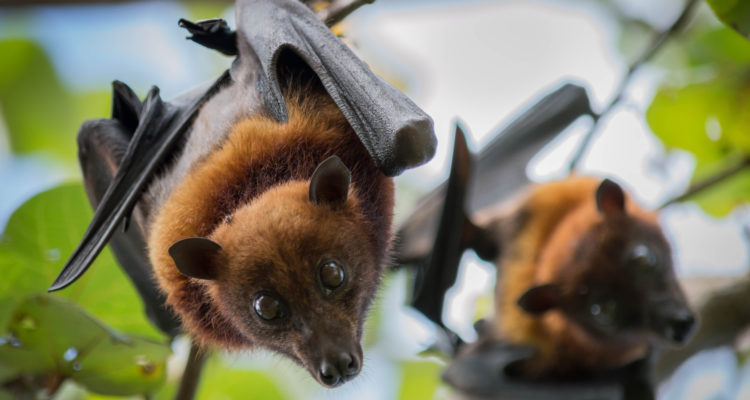Thousands of yet-to-be-discovered coronavirus strains are believed to be present in bats.
By Aaron Sull, World Israel News
Researchers from the Smithsonian’s Global Health Program have discovered six new coronavirus strains potentially related to the coronavirus (COVID-19) currently plaguing the world.
The study published on Thursday by the scientific journal PLOS ONE examined bats living in Southeast Asia.
Between 2016 and 2018, researchers studied hundreds of samples of saliva and feces from at least 11 different bat species in Myanmar, an area where the locals often come into close contact with the wildlife.
“Two of these sites also featured popular cave systems where people were routinely exposed to bats through guano harvesting, religious practices and ecotourism,” the study said.
The new strains of coronavirus were found in the Greater Asiatic yellow house bat, the wrinkle-lipped free-tailed bat, and the Horsfield’s leaf-nosed bat.
“Viral pandemics remind us how closely human health is connected to the health of wildlife and the environment,” said the study’s lead author Marc Valitutto.
“Worldwide, humans are interacting with wildlife with increasing frequency, so the more we understand about these viruses in animals – what allows them to mutate and how they spread to other species – the better we can reduce their pandemic potential,” Valitutto said.
According to the study, thousands of yet-to-be-discovered coronavirus strains are believed to be present in bats.
“Many coronaviruses may not pose a risk to people, but when we identify these diseases early on in animals, at the source, we have a valuable opportunity to investigate the potential threat,” said the study’s co-author Suzan Murray
“Vigilant surveillance, research and education are the best tools we have to prevent pandemics before they occur,” she added.





